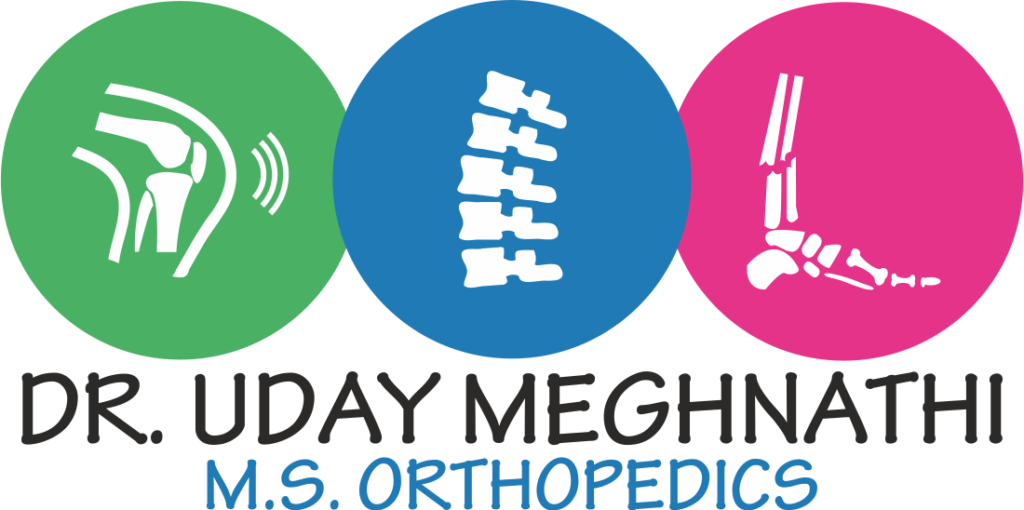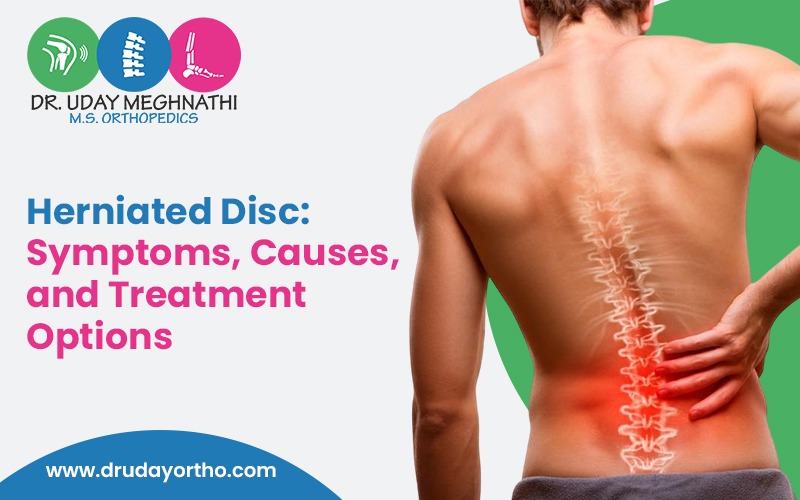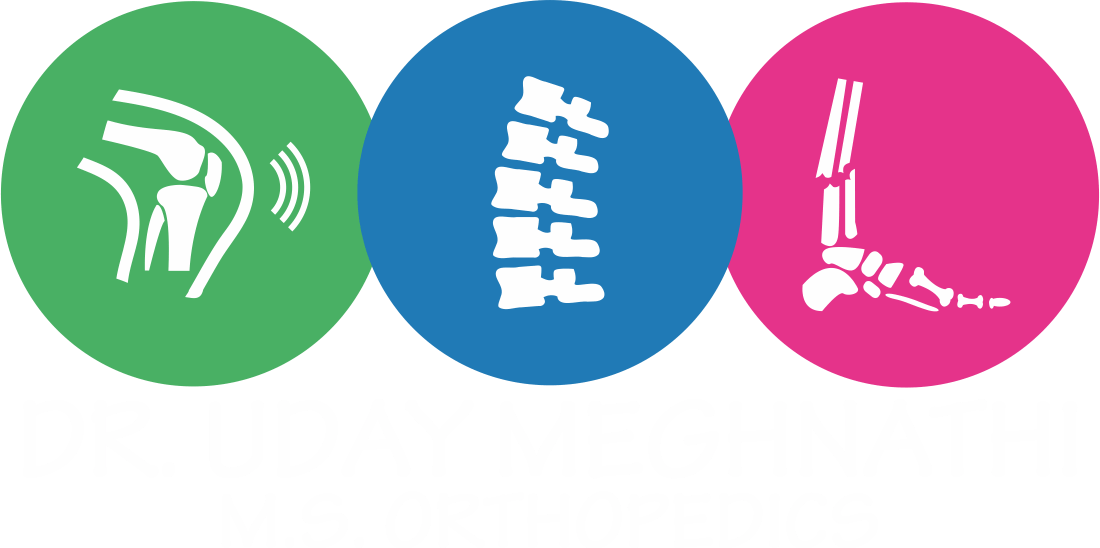A herniated disc (slipped or bulging) happens when one of the discs in your spine tears or leaks due to wear and tear or injury. The symptoms of a herniated disc include numbness, pain or weakness in the arms or legs. In this blog, we discuss everything you need to know about a herniated disc, the symptoms, causes and treatment options that can help you live a pain-free, healthy life.
A herniated disc (slipped or bulging) happens when one of the discs in your spine tears or leaks due to wear and tear or injury. The symptoms of a herniated disc include numbness, pain or weakness in the arms or legs. In this blog, we discuss everything you need to know about a herniated disc, the symptoms, causes and treatment options that can help you live a pain-free, healthy life.
What is a Herniated Disc?
A herniated disc or slipped disc refers to the issue with the rubbery cushions known as discs between the bones that stack to make the spine. The spine is made of 2 dozen small bones called vertebrae, stacked on top of each other to form spinal columns. Between each of the vertebrae is a soft gel-like substance called the nucleus, enclosed by a strong outer ring of concentric sheets of collagen tissue known as the annulus. This, together, forms a disc that binds and serves as a cushion between every adjacent vertebra. The degeneration of the annulus over a period of time causes bulging or tearing of the annulus, with leaking of the nucleus resulting in a herniated disc.
When to See a Doctor?
If you experience neck or back pain that goes down to your arm or leg, along with numbness and weakness. Dr. Uday Meghnathi is the best spine specialist in Vadodara with years of experience and orthopedic expertise. Book an appointment for a consultation.
Other Terms for Herniated Disc
- Slipped disc
- Bulging disc
- Protruding disc
- Ruptured disc
Herniated Disc Symptoms
The symptoms of a herniated disc depend on where the slip disc is located and if it compresses the adjacent spinal nerves. Some of the common symptoms of a herniated disc include:
- If the herniated disc is in the lower back, the pain goes from the back to the buttocks, thigh, calf and foot.
- A herniated disc causes numbness or tingling pain in the body parts where the compressed spinal nerves are.
- The muscles affected by the nerves are weakened, affecting your ability to hold or lift objects.
What Causes Herniated Disc?
Disc herniation progresses slowly before becoming a herniated disc degeneration. With increasing age, the disc becomes less flexible and is subject to tearing or rupturing. Even simple twisting and turning while lifting heavy objects can cause a herniated disc.
Herniated Disc Treatment Options
- Over-the-Counter Medications: Doctors may prescribe an anti-inflammatory pain relief medication if the pain is mild to moderate.
- Physical Therapy: This involves positions and exercises that can help reduce pain, loosen stiff muscles and improve blood circulation.
- Cortisone Injections: A corticosteroid is injected around the spinal nerves in case oral medication does not work.
When is Herniated Disc Surgery Recommended?
Very few people with a herniated disc might need surgery. However, our orthopedic doctor in Baroda may suggest surgery if the medication does not improve the pain, numbness, problems in standing or other herniated disc.
Wrapping Up
A herniated disc can cause pain, numbness and weakness in the affected area. Some preventive measures for herniated discs include regular exercises, maintaining a good posture & healthy weight, avoiding smoking and taking breaks while sitting. If you are experiencing the above-mentioned symptoms, book an appointment with Dr. Uday Meghnathi to assess your condition and tailor treatment plans. For consultation, contact us.



